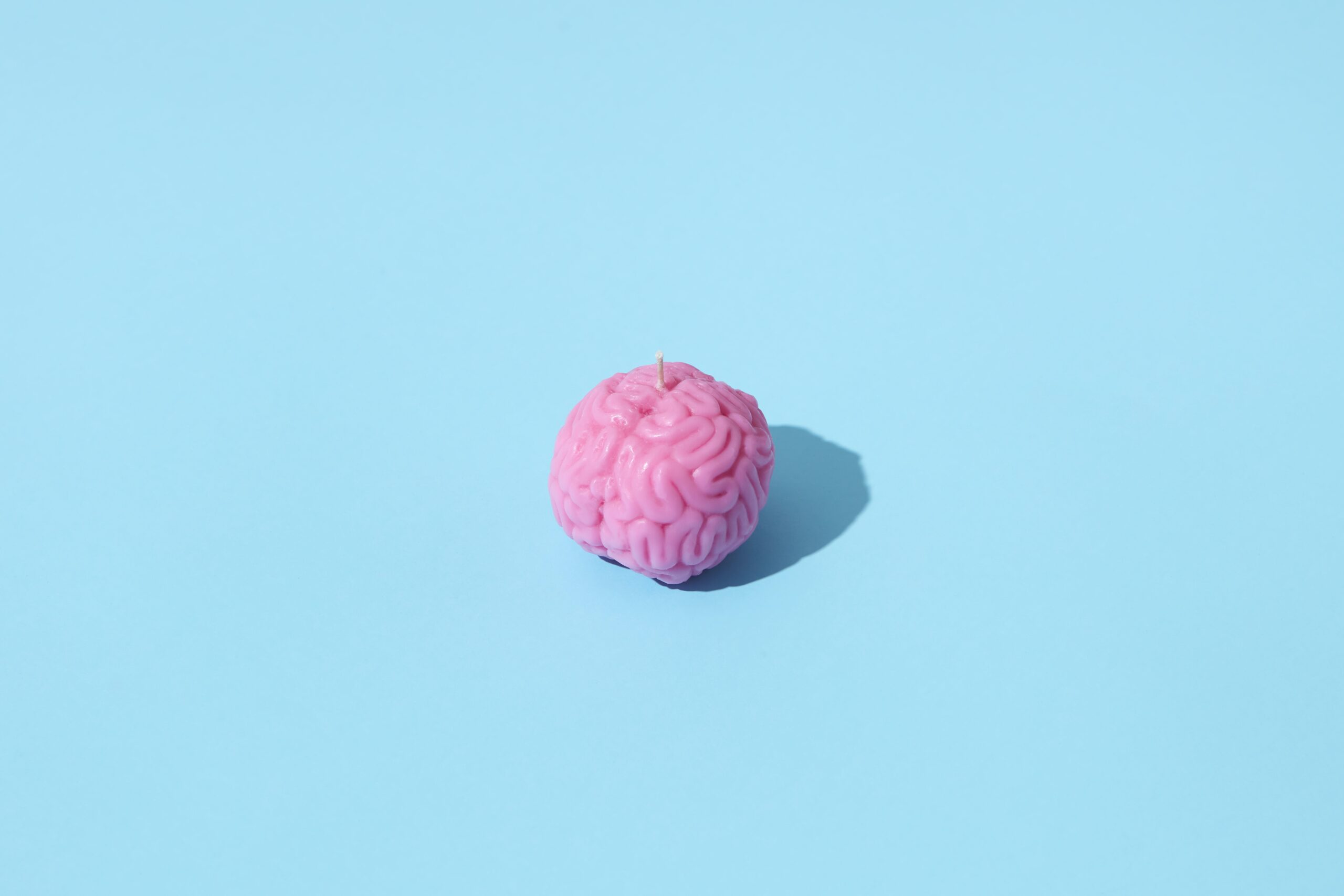menu

Neuroplasticity and Eating Disorder Recovery
category 4
category 3
category 2
category 1
blog
categories
book your 1:1 call
connect with me
I utilize my own shared recovery experience to provide compassionate recovery care and empower clients to a life of health and wellness.
a Certified Eating Disorder Recovery Coach based in Dallas, Texas.
i'm merrit elizabeth
Looking for information on bulimia specifically?
visit the conquering bulimia blog
You already know how to change your mind, but did you also know that by using your mind you can change your brain?

The brain’s ability to adapt and change in response to a new experience or environment is called neuroplasticity. The brain actually reorganizes its structure, connections, and function based on our thoughts, feelings, and behavior. Brain plasticity occurs throughout our lifetime.
Think back to learning a specific skill in sports, like swinging a tennis racket. In the beginning, the skill was awkward and required great focus. Each time you practiced the skill, your brain created new neural pathways in the nervous system between the neurons that connect the muscles. As you progressed, the skill required less attention until becoming automatic. If you experienced joy while learning, then your brain also connected the feelings of happiness to successfully swinging the racket as instructed. Once you mastered the skill, your mindset may have also shifted to believing in yourself as a tennis player.
“Brain Training” is also known as self-directed adaptive neuroplasticity. It refers to science-based exercises designed to affect positive changes in your brain and body by building and strengthening neural connections and processes. By purposefully directing our focus, we can achieve the desired outcome.
How to use brain training to help with overcoming negative habits and improve eating disorder recovery
Negative habits occur in 3 parts. First, you experience an uncomfortable trigger. That trigger pushes the brain into autopilot mode, sending a message to the subconscious mind to engage in a behavior. The self-soothing behavior is your routine. In response to the behavior, your brain produces dopamine which becomes your reward. Dopamine is like a pleasure bomb inside your brain. It lets you think the behavior is positive because it was a temporary relief from the discomfort of the trigger. This increases the likelihood that your routine will continue each time you experience the trigger. To overcome negative habits, you need to increase awareness, set a new affirmation, and focus your attention on replacing the old habit with a new healthy habit.
Name the specific trigger—is it a particular food or event? Once you name the trigger, and connect it to the feelings and automatic routine, you can recognize your ability to take control.
Set a new affirmation—how do you want to feel & behave when you experience the trigger? Create a self-affirmation like, “My brain is feeling anxious but I know that I can choose to relax in this moment.” As you are thinking this, mentally place yourself in a calm happy place like the beach. By focusing on the happy for just a few minutes, your brain releases dopamine and other “feel good” hormones. Over time, your brain will begin to connect the positive thoughts and feelings with the experience.
Replace the old with the new—instead of the old habit, do something new—a short walk or count backward from 60. Repetition over time will slowly replace the negative habit with the healthier one and bring greater overall positive feelings. By practicing this mentally, you prepare for the real thing. According to neuroscientist Dr. Sarah McKay, “mental rehearsal of a desired goal or behavior may invoke the same brain networks as the actual experience.” Thus, your brain is building a healthy adaptive response even when you are not experiencing it in real life. Brain training is enhanced when combined with daily movement, meditation, adequate rest, and regular nourishment.
Everyone can use brain training techniques to help embed positive habits into their subconscious. This is just one! I will continue to offer simple powerful practices to enhance neuroplasticity in the weeks to come. Until then, remember…when you shift your mind, you shift your life!
If you’re interested in 1 on 1 eating disorder recovery coaching, send me a message here!

Merrit Elizabeth is an Eating Disorder Recovery Coach certified by The Carolyn Costin Institute. She holds a master’s degree in Health Promotion Management and has years of experience working with women with eating disorders.
Leave a Reply Cancel reply
next post
previous post
browse categories
read or leave a comment +